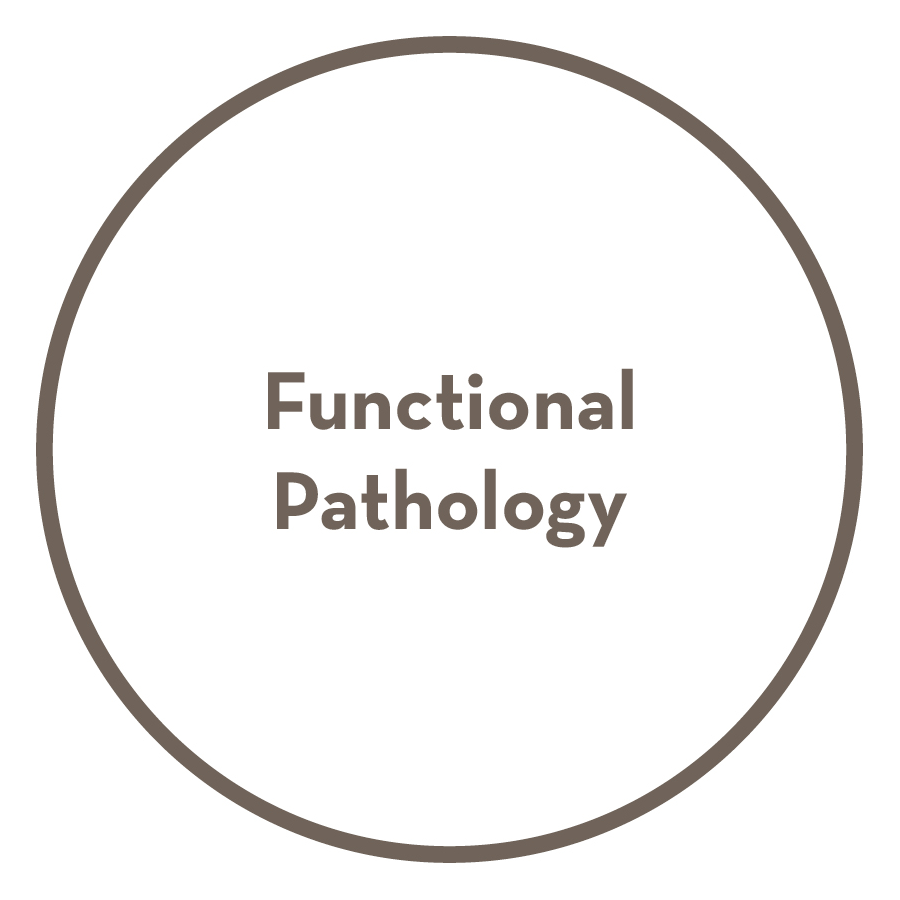Naturopathic Medicine
Naturopathic medicine is a distinct system of health care with an emphasis on prevention and the restoration of the body’s own repair mechanisms, using a combination of modalities.
By recognising the integrity of the whole person, rather than simply focusing on the symptoms, naturopaths blend centuries-old knowledge with current research on health and human systems and a philosophy that nature is the most effective healer.
The practice of naturopathy is founded on the development of a therapeutic relationship and the implementation of therapeutic strategies based on holistic principles. Responsibility for health and healing lies within each individual - it is the naturopath’s role to create an environment for healing to occur.
Naturopathy evolved out of the ancient healing traditions of Europe, with its roots in early Greek medical philosophy. Naturopathic philosophy serves as the basis for naturopathic practice, the foundation of which is the following six principles:
© Carmen Richards
Feeling vital and nurtured in mind, body and soul is the goal of naturopathic medicine. The recent growth in evidence-based herbal and nutritional medicines and functional testing continues to validate the role naturopathy plays in everyday life. Naturopathic modalities are now supported by research from many disciplines including; botanical medicine, conventional medicine, European complementary medicine, clinical nutrition, pharmacognosy, homoeopathy and psychology.
Naturopathic modalities include:
o Botanical/Herbal Medicine
- Tailored Formulas
o Clinical Nutrition
- Nutritional and Supplement Advice
- Dietary Guidance
o Counselling
- Achievable Lifestyle Recommendations
o Energetic Medicine
- Homoeopathy
- Flower Essences
o Iridology
- Tissue States
o Functional Pathology
- Specialised Testing
The therapeutic modalities used in naturopathic medicine integrate conventional, scientific and empirical methodologies. As naturopaths are trained in a variety of modalities they are able to treat a broad spectrum of illnesses or disease states that are either acute or chronic.
Herbal medicine is one of the oldest forms of medicine, and is used by 80% of the world’s population. Western herbal medicines use some or all parts of a plant, such as flowers, roots, fruits, leaves, and bark. Whereas a single chemically derived drug may address a single problem, herbal medicines are able to address a variety of problems simultaneously. Specific combinations of herbal liquids or tablets are prescribed to treat various conditions. The knowledge of herbal indications and actions are obtained from both traditional sources and the widest range of current research.
A cornerstone of naturopathic practice is that food is the best medicine. Many conditions can be treated more effectively with foods and nutritional supplements than by other means, with fewer complications and side effects. Increased nutritional demand due to illness, medications, inflammation, poor digestion or absorption often results in the body being malnourished. Whole foods contain balanced ratios of vital nutrients which our bodies know how to breakdown and utilise for maximum energy and potential.
Identifying mental and emotional barriers in an empathetic environment helps empower individuals to make changes needed for optimal health. Reviewing lifestyle choices and ensuring they are nourishing instead of harming the body physically, mentally and emotionally is important for creating achievable and sustainable change. Recommendations vary greatly depending on individual circumstances; for example simple breathing exercises for one person to vipassana meditation for another – it all comes down to ability and enjoyment.
Energetic medicines such as homoeopathy and flower essences are often prescribed to help process change and treat at an emotional level. Homeopathic medicine is based on the principle of ‘like cures like’ using diluted, potentised remedies. Flower Essences such as Bach Flower or Australian Bush Flower remedies are dilutions of infused flowers. They can assist in negative emotional states such as; anxiety, anger, insomnia and stress, a well-known combination of Bach Flowers is Rescue Remedy.
Iridology is the study of the iris, to help assess tissue conditions in the body. The iris is like a map, where areas of the iris correspond to the various organs and tissues of the body. Markings represent information that is indicative of tissue integrity. A few key areas where iridology can help, includes identifying; constitutional type, lymphatic congestion, presence of inflammation and acidic states. Iridology does not; diagnose disease, identify specific pathologies in the body, show evidence of operations nor reveal pregnancy.
Functional pathology tests are used to investigate functional, biochemical, nutritional, metabolic and hormonal status - in other words they help paint a picture of your internal health. Their main purpose is to try to establish the cause of disease or imbalances. Testing can determine a baseline status prior to treatment, allowing accurate management and monitoring of treatment efficacy and progress. Results help eliminate guesswork by providing essential information to assist in early intervention and treatment.










